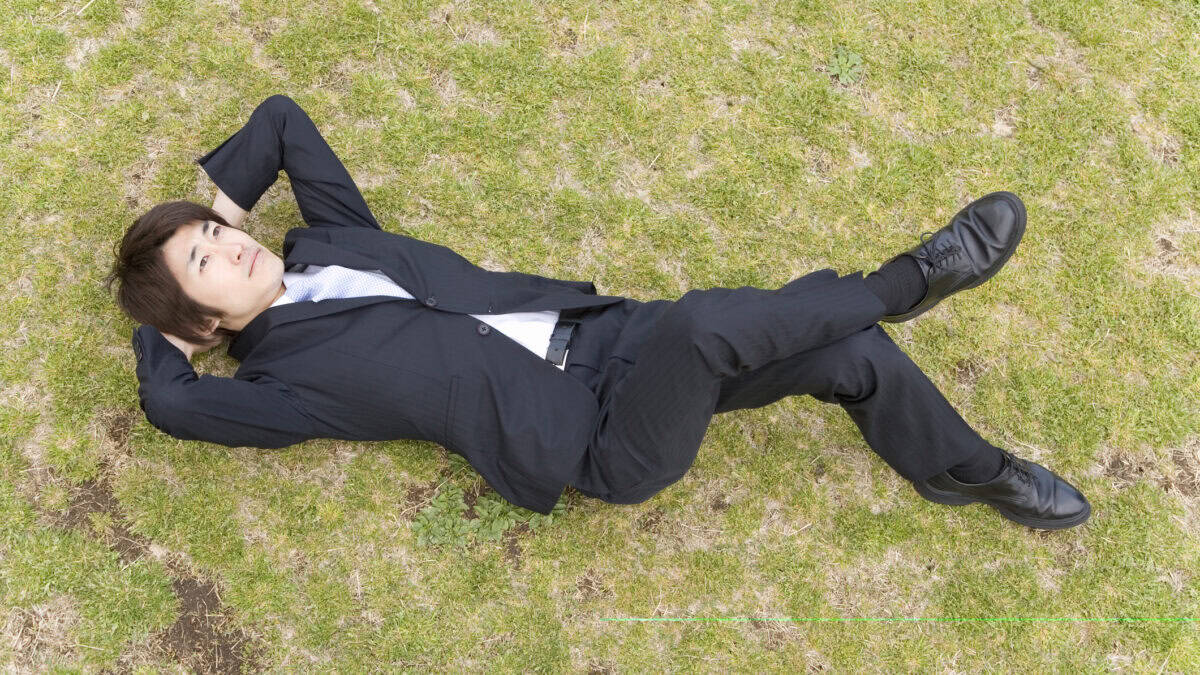So, it's a public holiday across most of Australia, today. And the ASX is closed.
Which is… all to the good.
It's a reminder that commerce – and life – continues, even when the ASX isn't open.
You can hit 'refresh' on your broker's website as often as you like, today, and the numbers won't change.
But Woolworths Group Ltd (ASX: WOW) will still sell groceries. BHP Group Ltd (ASX: BHP) will mine iron ore. CSL Ltd (ASX: CSL) will provide vaccines and our banks will process millions of transactions.
It may sound strange to say, but the ASX itself is a distraction.
Being a shareholder – an investor – is to be a part-owner in a real business, as that business creates value for its customers, suppliers and staff.
Oh sure, the 'casino' element of the ASX is the hyperactive buying and selling of three-letter codes on a computer screen – the sort of thing depicted in the movies.
Somehow, a large chunk of the country has come to believe that's what investing is.
Maybe because we instinctively prefer action over inaction.
Maybe because it seems glamorous or it appeals to our egos.
Maybe it's just because it's easier to make a movie about that sort of thing than about the investor who buys shares from time to time, but spends 99.99% of their time doing other things.
And yet, long term compounding relies far, far more on the latter than the former.
Frankly, 'trading' is hard, stressful, and too-often leads to sub-optimal returns… or worse.
Investing, on the other hand, isn't the stuff of action, or of headlines.
But sensible, regular, diversified investing has created extraordinary wealth.
I wonder if sometimes we crave complexity, or our biology drives us to believe that ease and simplicity are too good to be true.
So let me state, clearly: historically, at least, it's not. And I suspect that it'll remain the case.
As I've told you regularly in this space, according to Vanguard, a hypothetical $10,000 invested in the ASX in 1994 became $130,000 thirty years later.
And what did you have to do for that return? Nothing.
Literally, nothing.
But what you did have to do is resist the urge to do something, and that can be one of the hardest things to do: to buy, but not sell.
To ignore the hot tip of your Uber driver or brother-in-law.
To ignore the ups and downs of share prices.
To ignore the urge that makes us wonder if we should sell this and buy that, instead.
In that, I think we should learn from nature.
I'm an occasional vegetable gardener. And we all know that just because a tomato plant hasn't produced a crop in a month doesn't mean we should pull it out and plant another one.
We know that waiting (and watering and fertilising) is the key. That time is the key.
We also know that a tomato plant stays small for a long time. And then the growth seems astonishing.
First, a little at a time. Then a little more. In enough time, it is many multiples of its initial size. And each fruit is larger than the plant itself was in its first weeks.
I hope you're ahead of me on the compounding analogy.
The dollar saved today is just a dollar. Even in the first few years, you're only earning a few cents in returns – a trifling gain that can make you wonder if it's really worth it, and to wonder whether you should sell and buy something else that might grow more quickly.
But in time, that return grows. In enough time, you're earning more every year than your initial investment. Eventually much more.
And this is where the analogy breaks down – in a very good way.
See, the tomato plant eventually hits its maximum size. Then it fruits (hopefully prolifically), and eventually dies.
But our portfolios don't. Invested well, they can essentially compound endlessly.
It is here that our analogy switches from nature to fable. Our portfolio becomes – if we let it – the goose that lays the golden eggs.
All we have to do is keep the goose alive – and that's not hard, as long as we act sensibly. We simply need to invest well, diversify appropriately, and spend the earnings, not the capital.
None of which requires the ASX to be open, by the way. Indeed, the lack of temptation is probably a good thing.
As Warren Buffett says, "I never attempt to make money on the stock market. I buy on the assumption that they could close the market the next day and not reopen it for five years".
There are people who want equity markets to be open 24/7. Why? Presumably so they can 'do something'; as if more trading hours means more value will be created.
I wish them luck.
No, there's no reason the markets couldn't be open 24/7 – it's just folly to believe that it'd make investing returns any better (and plenty of reason to believe it'd make them worse through overtrading).
If I wanted to improve returns for investors, I'd reduce, not increase, the number of days the ASX was open.
But, for better or worse, that's not my call.
All I can do is remind you of a poster that was up in my Year 7 woodwork classroom:
"Don't be like a rocking horse; plenty of action, but no progress."
They are investing words to live by, too.
Fool on!









